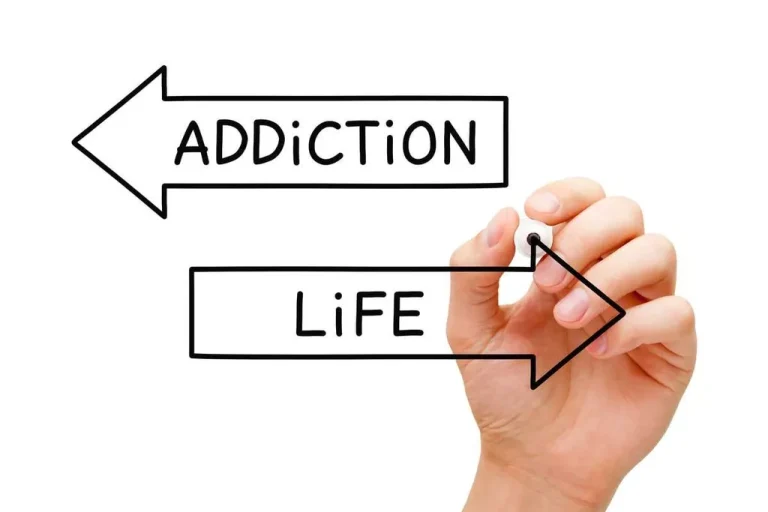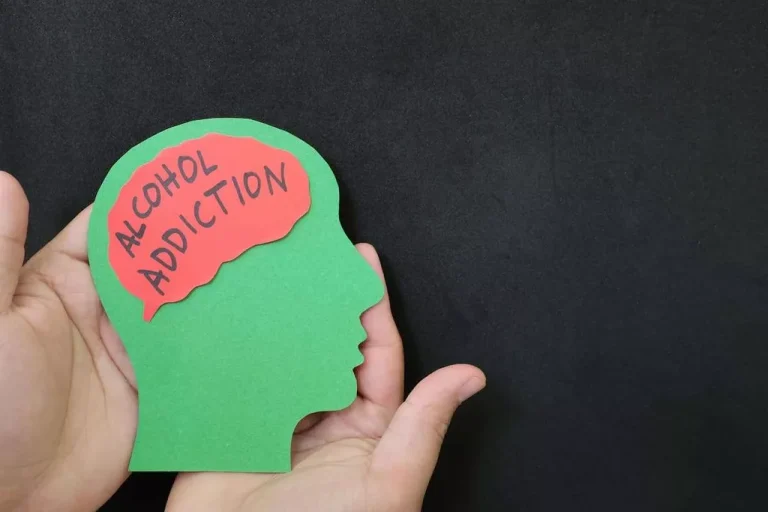
This exposure increases a newborn’s risk of infection and disease; additional evidence suggests that alcohol’s deleterious effects on immune development last into adulthood. Clinicians have long observed an association between excessive alcohol consumption and adverse immune-related health effects such as susceptibility to pneumonia. End-stage alcoholism is the final, most destructive stage of alcoholism. Typically, an individual reaches end-stage alcoholism after years of alcohol abuse. At this point, people who have spent years drinking may have developed numerous health and mental conditions in addition to their alcohol abuse.
Support for AUD
Her work has appeared in EatingWell, Women’s Health, Weight Watchers, Men’s Health, Shape, how does alcoholism kill you Woman’s Day, Prevention, Fitbit and other publications and websites. Instead, he says sticking to drinks that are pre-prepared in small bottles and cans can lower your risk. Seeking urgent medical attention is the way to respond, as Professor Ranson says there are a number of specific medications that can help reduce the impacts of methanol poisoning.
- Alcohol–immune interactions also may affect the development and progression of certain cancers.
- Their behavior may become erratic at this stage and friends, family, or coworkers might begin to pull away.
- Alcohol poisoning, which is also life-threatening, can happen at much lower doses.
- There is evidence in a number of physiological systems that binge alcohol intake complicates recovery from physical trauma (see the article by Hammer and colleagues).
- Ingesting alcohol and other drugs together intensifies their individual effects and could produce an overdose with even moderate amounts of alcohol.
Alcohol poisoning
This includes driving under the influence, injuries, sexual assault, or violence. Thousands of people under 21 die from alcohol-related deaths in the U.S. each year. Know that getting treatment is an important step in preventing alcoholic death. By stopping your drinking and living a sober life, you can halt the long-term health effects of alcohol use and keep yourself safe from tragic alcohol-related accidents and deaths. Give us a call today – we are here to support you in your journey toward a healthier life.

things to know about alcohol and cancer
- Steatotic liver disease used to go by the name fatty liver disease.
- Typically, symptoms are more serious in people who’ve been drinking heavily for a long period of time.
- Understanding the physiological and psychological effects of alcohol consumption can help you make an informed choice about whether to raise a glass or take a pass on that next round.
- Drinking too much alcohol makes you more likely to cause accidental violent deaths.
AUD and alcohol use increase the risk of various health complications. These complications affect several bodily systems, including the GI, neurological, cardiovascular, and endocrine systems. Excessive and long-term alcohol use can cause many health complications, which may become severe and life threatening.

Professor Ranson even says drinking ethanol — the ordinary drinking alcohol — can help slow down the process. Professor David Ranson, the head of Monash University’s department of forensic medicine, says methanol is much cheaper than ethanol, the compound that makes a drink alcoholic. While Bevers says studies show that alcohol is a risk factor for certain cancers, the link between alcohol and cancer recurrence is not known, especially for those who have completed cancer treatment. “Alcohol can worsen the side effects of chemotherapy and drugs used during cancer treatment,” Bevers says, listing side effects including nausea, dehydration and mouth sores.
Too much alcohol can harm you physically and mentally in lots of ways. Enter your phone number below to receive a free and confidential call from a treatment provider. Like a clog in a drain, those thickened fluids can jam up your ducts. That can lead to pancreatitis, which is inflammation of the pancreas.
- Though initially reported as a class action lawsuit, Buzbee has begun to file separate claims on behalf of his clients, who lives in states across the country.
- Although red wine is often celebrated for its heart-protective properties, drinking alcohol isn’t risk-free.
- They may also rationalize, or make excuses, for their behavior and insist they can stop drinking whenever they feel like it.
- Men are twice as likely to develop cirrhosis and four times as likely to develop liver cancer.
- The morning after a night of over-imbibing can cause some temporary effects on your brain.

If you or a loved one struggles with alcohol use and cannot cut back on drinking, there may be a danger of alcoholism. While alcohol is a relaxant and can make you feel good at first, chronic alcohol use can cause mental health issues. Before you reach for your next drink, Dr. Anand explains how alcohol can affect your brain — not only in the short term, but also in the long run. Generally, once your blood alcohol concentration (BAC) is 0.40 percent or over, it’s dangerous territory. Having a glass of wine with dinner or a beer at a party here and there isn’t going to destroy your gut. But even low amounts of daily drinking and prolonged and heavy use of alcohol can lead to significant problems for your digestive system.

- HIV/AIDS is a disease in which mucosal immunity already is under attack.
- This can increase an individual’s risk of being injured from falls or car crashes, experiencing acts of violence, and engaging in unprotected or unintended sex.
- It can also make it harder for your intestines to digest important nutrients like B12 and thiamine.
- But it’s best to take action right away rather than be sorry later.
- According to research, more men die from alcohol-related death than women.
- Some chronic alcoholics develop a condition called Wernicke-Korsakoff syndrome, which results from a thiamine (vitamin B-1) deficiency.
AUD is a condition in which a person is unable to stop using alcohol despite negative consequences. A person with AUD has an impaired ability to stop consuming alcohol, despite adverse consequences. If you drink for long periods of time, it can cause depression, and when you abruptly stop drinking, it can cause anxiety,” says Dr. Anand. The toll that frequent alcohol use can have on your body can be severe but in some cases, the damage can be reversible. These effects can happen even after one drink — and increase with every drink you have, states Dr. Anand. His work has appeared in publications including The Guardian, Euronews, and VICE UK.